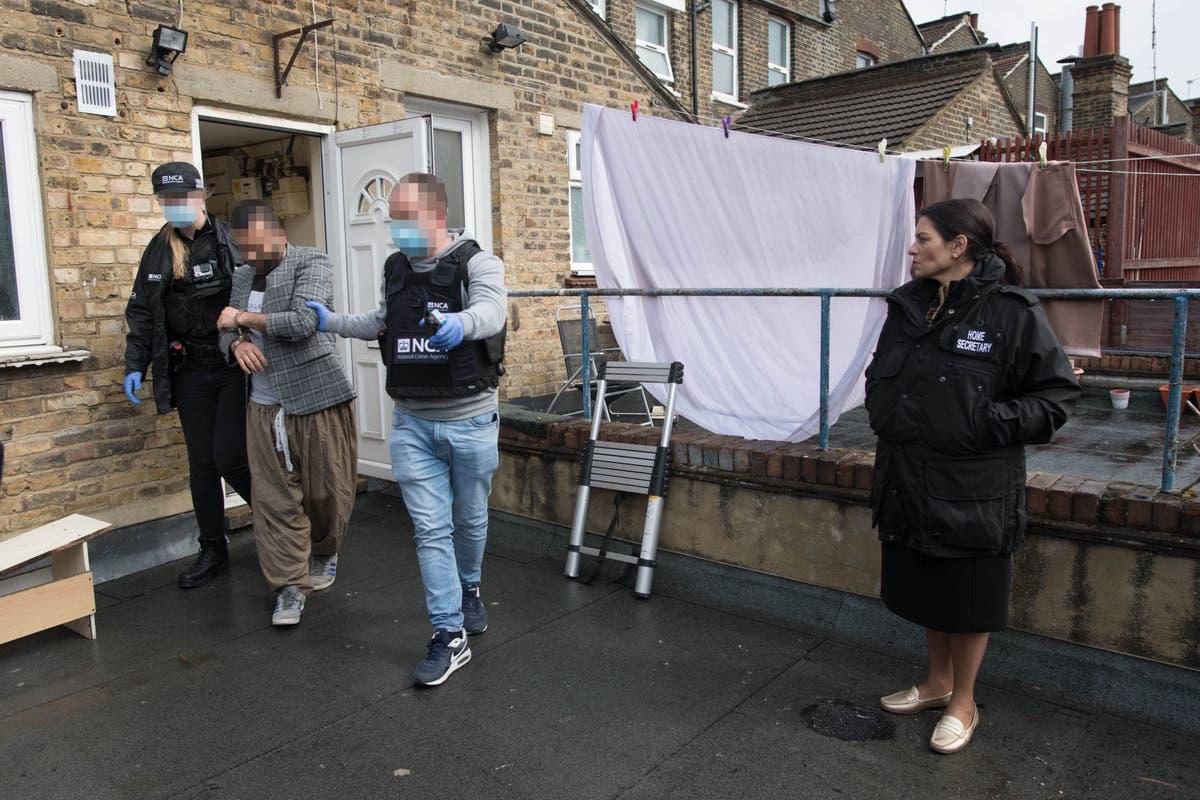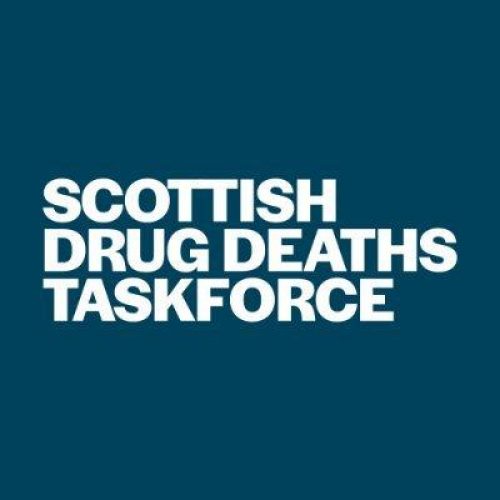6th September 2021
This week, the Scottish Government’s Drug Death Task Force published a new report on drug law reform.
The Drug Deaths Task Force was established in 2019 in response to the ‘shocking escalation of drug-related deaths’ in Scotland over recent years. Its remit is to identify changes in practice and law that could support a reduction in drug-related deaths and improve outcomes for those affected by problematic drug use on Scotland as a whole.
Since its creation, the Task Force has funded over 30 innovation projects and 10 research projects. According to a recent interim report, key achievements so far include:
- A significant increase in the availability and delivery of Naloxone.
- Increased supporting and assertive outreach to people who come into contact with the criminal justice system
- Support for Medication Assisted Treatment (including both opiate substitution therapy and heroin prescribing) for people in treatment for addictions
- The establishment of a working group looking specifically at benzodiazepines
- Better support for people with multiple complex needs
- The development of a strategy to reduce stigma
- Improved in public health data collection
As part of its broad remit, the Task Force was also charged with looking at how our drug laws help, or hinder, efforts to reduce harms. This is in stark contrast to the Independent Review of Drugs commissioned by the Home Office, which was explicitly prevented from consideration of the law or its alternatives – an absurdity that we have highlighted more than once before. Specifically, the Task Force considered whether the 1971 Misuse of Drugs Act affects access to treatment and support, and whether it contributes to a public health-led approach to problematic drug use.
The final report is based on an engagement exercise involving over 100 stakeholders involved in activities related to drugs and criminal justice, or likely to be impacted by the current law. The results were stark.
While pointing out that much can, and should, be done under the current legal framework the Task Force report states that those consulted were ‘unequivocal that the Act in its current form creates barriers to the implementation of a public health approach’, and that respondents felt the MDA was rooted in ‘an outdated view that drug use can be prevented in all instances, results from personal failure, and must be punished.’
The report concludes that:
The Misuse of Drugs Act 1971 was written 50 years ago for another time with different challenges. The Act has failed to move with the times and transition as new evidence has improved our understanding of dependence ... The evidence is clear that the Misuse of Drugs Act is in urgent need of review to meet the needs of a public health approach.
The authors do not suggest reform of the 1971 Act is a silver bullet, and they set out several specific changes that could be made immediately, including:
- Calling on the Scottish Government to ‘explore all the options within the existing legal framework to support the delivery of safer consumption facilities’
- Devolution of licensing for Heroin Assisted Treatment from the Home Office to Scottish authorities to reduce bureaucratic barriers.
- Improvement and extension of drug checking, especially to help address the role of ‘street benzos’ in recent deaths
- Exploration of what is possible within the law to allow provision of drug paraphernalia (such as crack pipes) as a harm reduction measure
These are all important adjustments, but as the report makes clear the Misuse of Drugs Act stands as a barrier (in both reality and perception) to allowing these and other changes to take place. For this reason, the Task Force calls for 'a root and branch review of the Misuse of Drugs Act by the UK government, taking a public health approach, and reforming the law to support more harm reduction measures.'
This conclusion will surely be welcomed by everyone concerned with seriously reducing drug-related harms in Scotland and across the UK.
The report also sets out in detail what its participants saw as the pros and cons of different models of decriminalisation and legal regulation. However, it does not take a view on what alternatives to the Misuse of Drugs Act should look like. Rather, it calls for a serious and extensive period of reflection and consultation on what the alternatives might be, and how they might work.
Critically, the report makes it crystal clear that consideration of the law cannot be abstracted from wider debates on drug policy harm: that while addressing the pressing issues of funding, access and training within treatment is vitally important, so too is looking at the upstream legislative context.
This conclusion should be obvious, but the Westminster Government are working hard to drive an alternative narrative: that such considerations are merely a ‘distraction’ from the business of implementing the findings of the Black Review. The Task Force report demonstrates how wrong such a position is. There are, of course, distractions out there – among which we could include: crackdowns on freshers who may be taking drugs; high profile promises to further criminalise nitrous oxide; expensive campaigns suggesting middle class cocaine use is responsible for all gang-related violence and county lines exploitation; or photo-opportunities involving Ministers attending raids on mid-level drug dealers.

It seems, however, these are the kinds of distractions that this Government supports.
The law is fundamental. It underpins our whole approach to drug-related harms, and establishes them as an issue of punishment not support. This needs to change, and calls for a debate on the Misuse of Drugs Act are growing. Increasingly, it seems that the only people holding out against a mature, honest reflection of current drug policy are the leadership of the Conservative and Labour parties – an odd alliance, under the circumstances.
Elsewhere, demand for reform of our fifty-year old drug laws is widespread. This report provides one of the strongest cases yet for that debate to begin.




